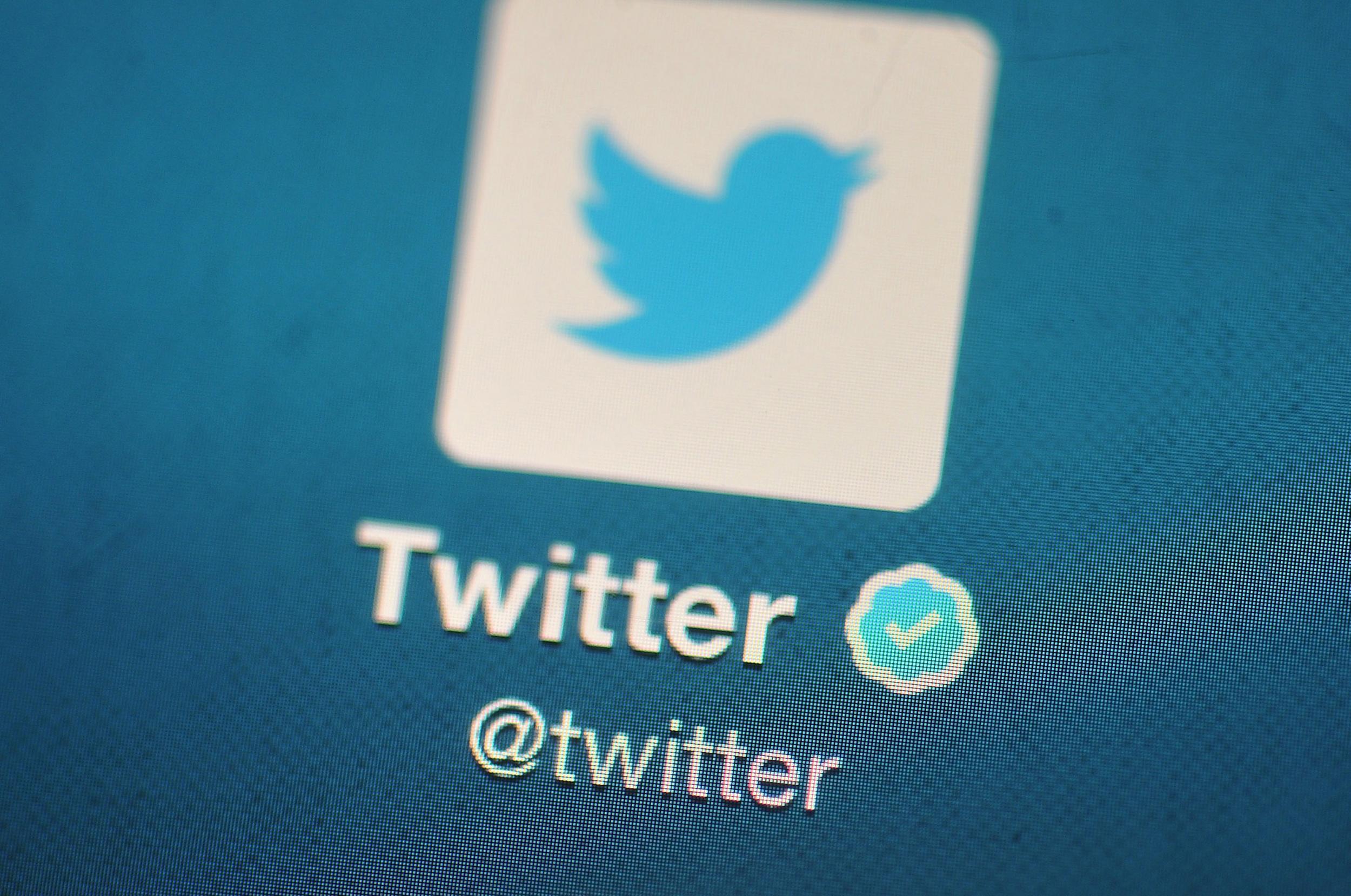Women most likely to use misogynistic language on Twitter, report finds
More than 60 per cent of offensive tweets posted by women used derogatory animal references

Your support helps us to tell the story
From reproductive rights to climate change to Big Tech, The Independent is on the ground when the story is developing. Whether it's investigating the financials of Elon Musk's pro-Trump PAC or producing our latest documentary, 'The A Word', which shines a light on the American women fighting for reproductive rights, we know how important it is to parse out the facts from the messaging.
At such a critical moment in US history, we need reporters on the ground. Your donation allows us to keep sending journalists to speak to both sides of the story.
The Independent is trusted by Americans across the entire political spectrum. And unlike many other quality news outlets, we choose not to lock Americans out of our reporting and analysis with paywalls. We believe quality journalism should be available to everyone, paid for by those who can afford it.
Your support makes all the difference.More than half of misogynistic posts by Twitter users in the UK and America are written by women, according to a new large-scale study. A report that analysed 19 million tweets over four years found three million posts including insults aimed at women. The users who had posted the insults were more likely to be female than male.
The research, conducted by social media monitoring company Brandwatch, found the people of Co Tyrone, in Northern Ireland and Methyr Tydfil, in South Wales, to be the most prolific offenders.
Yet the report, to be published by anti-bullying charity Ditch the Label, included words such as “bitch” that have been assimilated into common usage and are not always deemed offensive.
The charity said the findings demonstrated policy should to be aimed at reducing misogyny among both sexes.
More than 60 per cent of the offensive tweets posted by women used derogatory animal references such as “cow” and “bitch”. Men were instead likely to make personal comments about a woman’s intelligence, sexual orientation and/or anatomy.
Previous analysis by Brandwatch has found that the words “slut” or “whore” are mentioned on Twitter around 3,000 times per day.
In May a cross-party campaign called “Reclaim the Internet” – headed by Labour MP Yvette Cooper – was launched to address growing public concern about the impact of hate speech online.
On launching the campaign, Yvette Cooper told The Guardian: “Forty years ago women took to the streets to challenge attitudes and demand action against harassment on the streets.
“Today the internet is our streets and public spaces. Yet for some people online harassment, bullying, misogyny, racism or homophobia can end up poisoning the internet and stopping them from speaking out.
“We have responsibilities as online citizens to make sure the internet is a safe space. Challenging online abuse can’t be done by any organisation alone. This needs everyone.”
Ditch the Label’s findings are supported by a think tank study at the time, which found that half of Twitter users engaging in misogyny were women.
Twitter CEO Jack Dorsey has admitted the company needs to “do better” at tackling online abuse.
In September, it emerged that police chiefs were considering recognising misogyny as a hate crime. This would bring abuse directed at women in line with attacks motivated by hostility and prejudice towards race, religion and sexuality.
Join our commenting forum
Join thought-provoking conversations, follow other Independent readers and see their replies
Comments